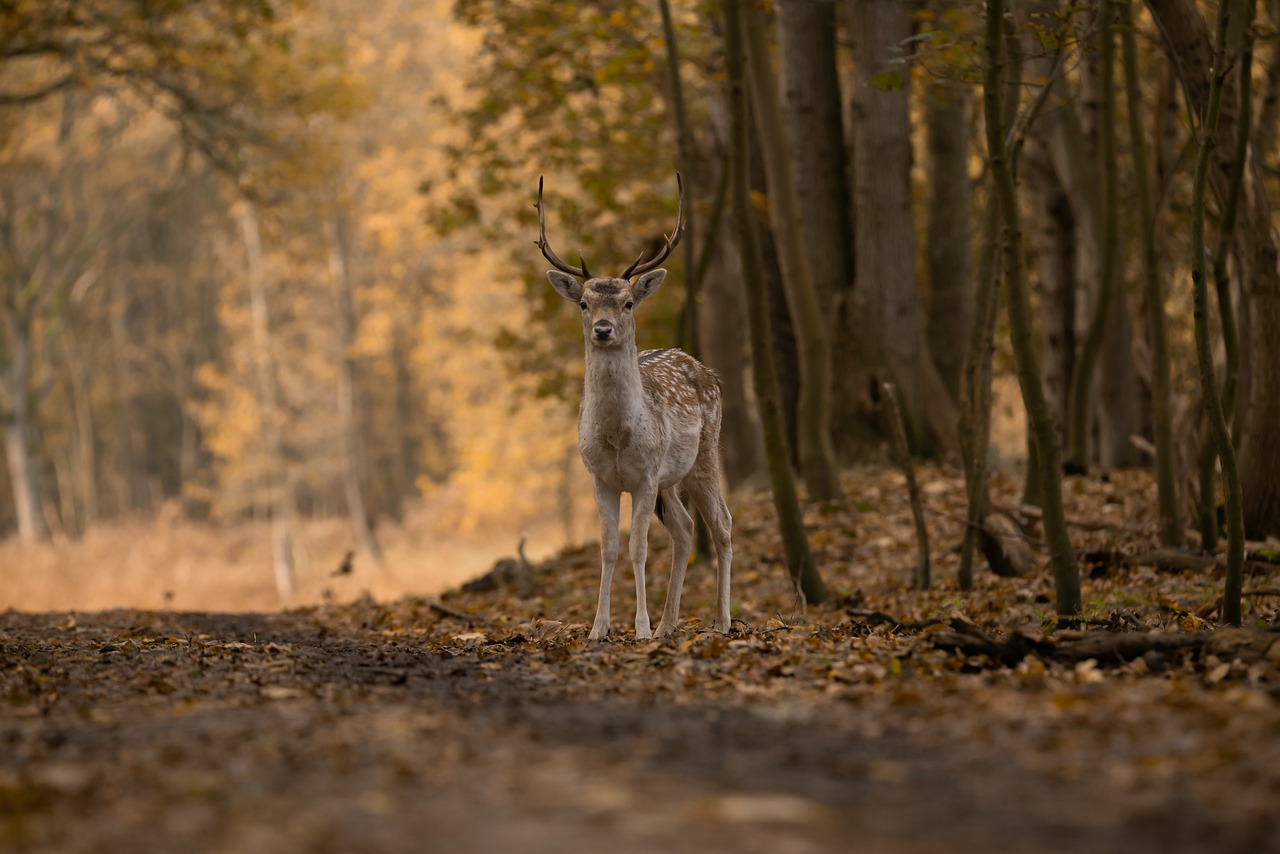At the historic site of Emain Macha, the ancient seat of Ulster’s kings and queens, a fascinating interplay of history and myth unfolds filled with courage, conflict, and spirituality. The name itself pays homage to a Celtic goddess, making it a unique place within the Celtic realm. This title would later become associated with Armagh.
The story revolves around the revered King Conor McNessa of Ulster, who was hosting an opulent feast, inviting distinguished guests from the surrounding regions. Among them was Crunniuc, a widower who lived with a young woman in a manner akin to marriage. Unbeknownst to him, this woman was the goddess Macha disguised as a human.
During the festivities, Crunniuc boasted about Macha’s extraordinary abilities, particularly her incredible speed. As the evening progressed, Conor grew increasingly irate, culminating in a demand for Macha to race against his prized Arabian horses to prove her capabilities. Despite being heavily pregnant, Macha expressed concern for her safety, but the king’s relentless insistence left her no choice but to agree. The race commenced, much to Crunniuc’s delight and Conor’s fury, as Macha astonishingly outpaced the horses despite her condition.
However, the exertion took a grave toll. Macha went into labor during the race and ultimately gave birth to twins at the conclusion. While she saved her husband’s life, her own was tragically lost in the process. With her dying breath, she managed to bestow both a dire curse and a powerful blessing symbolized by her offspring.
She bestowed remarkable strength upon the men of Ulster, a boon that thrilled Conor. Yet, accompanying this gift was a chilling curse — that in their moments of direst need, the men of Ulster would experience a weakening of their powers, rendering them as vulnerable as a woman undergoing childbirth.
Years later, during Conor McNessa’s reign, this curse would manifest in the most renowned tale of the Ulster Cycle, the Táin Bó Cúailnge, or Cattle Raid of Cooley. A legendary warrior would rise to protect Ulster, becoming one of the most celebrated figures in Ireland. The ultimate question remained: would Macha’s curse or her blessing prevail?
The significance of the name Emain Macha translates to the ‘Twins of Macha,’ with Navan being its anglicized form. The legacy of Macha extends even further, with Armagh deriving from the Irish words Ard Macha, meaning ‘the heights of Macha.’



